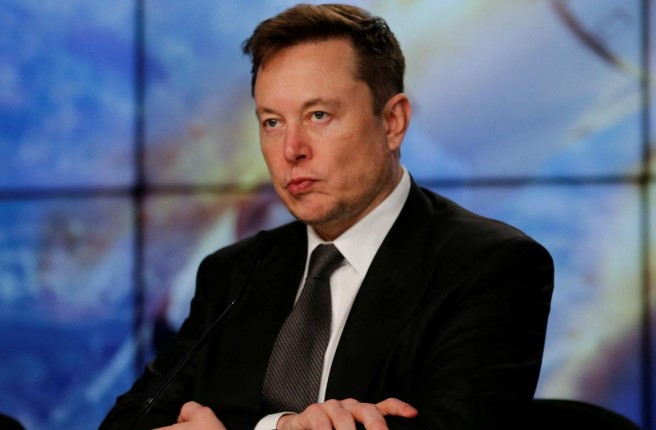The institutions are scheduled to meet with Elon Musk’s newly appointed CEO of X (formerly Twitter), Linda Yaccarino, on October 5. You may recall that in April of 2022, under Musk’s persuasion, these institutions banded together and agreed to lend Twitter $13 billion, which was central to his campaign to take the platform private.
Since the $44 billion transaction was finalized in October of last year, Musk has been constantly critical of the investment he made. Since he purchased the property in July, ad revenue has decreased by fifty percent, causing it to continue hemorrhaging cash. A month later, he posted on X, “We may fail, as so many have predicted.” And at the beginning of September, Musk speculated that Twitter may only be worth $4 billion, a staggering 10% of the purchase price. Yaccarino, who has served as CEO of X for 100 days, admitted in an interview with CNBC on September 28 that the company is still cash-flow negative, but claimed that “90 percent” of the many clients who had abandoned the platform have returned.
“Until now, we’ve been witnessing what would look like a slow-motion car wreck if it weren’t happening so fast,” says Eric Talley, a Columbia law professor and economist who’s an expert on M&A transactions.
In the whirlwind that is Elon Musk’s world, however, the company’s terrible performance may have given him the upper hand heading into the bank meeting.
The enormous increase in interest rates is what has given Musk the upper hand over banks. Clearly, they did not anticipate market yields to soar to levels not seen in nearly two decades. So on April 20 of last year, they agreed to cap X’s payments at a maximum that’s now much lower than what any alt asset manager or hedge fund would demand for backing a credit as shaky as X. Now, the banks are saddled with $13 billion in subprime debt that they cannot sell for even close to par, and it is resting on their balance sheets.
“With so many macro headwinds, we seem poised to enter an era of multiple restructurings, and X is high on that list,” says Talley, whose seen many similar stressed debtor-and-lender scenarios and provided valuable insights for this story. “If I were one of Musk’s advisors, I would say, ‘Now is the time to restructure the company’s debt. You have the debtors cornered.'”





